PCOS Treatment Diet: Best Foods for Getting Pregnant
Fertility Treatment
varian disorders are among the leading causes of female infertility. About 70% of women with fertility problems have ovarian disorders. Diet is one of the most significant factors that can affect ovarian function.
Studies show that high-sugar foods are among the foods to avoid with PCOS that can cause PCOS and result in female infertility. The reason is that eating sugary foods causes an increase in insulin levels in the body, which is one of the main symptoms of PCOS.
Therefore, doctors recommend that women with POCS improve their ovarian health and fertility by exercising regularly and having a healthy diet. It can be said that many factors can contribute to PCOS management, including having a healthy diet, maintaining a normal weight, doing regular exercise, and taking certain drugs.

How does Diet Affect PCOS?
Research shows that over 70% of women with PCOS suffer from insulin resistance, which means their body’s cells stop responding to insulin normally. This will cause the insulin blood levels to rise above normal.
Most overweight women with PCOS who have an unhealthy diet have Insulin resistance. Not managed insulin resistance can finally lead to diabetes. Studies show that more than 50% of women with PCOS are diabetic or pre-diabetic before age 40. High insulin levels also cause the body to store more fat, leading to weight gain.
Therefore, it is recommended that women with PCOS try to manage the symptoms of PCOS by controlling their insulin levels, considering the best diet for pcos, and maintaining a healthy weight.
What to Eat in the PCOS Diet?
Following a healthy diet and lifestyle can greatly help prevent PCOS treatment. Anti-inflammatory foods such as tomatoes, spices such as turmeric, leafy and fiber-rich vegetables, olive oil, fatty fish, etc., can aid in improving mild Inflammatory PCOS. Healthy fats such as omega-3 and sources like avocados, oily fish, nuts, and seeds also effectively manage PCOS.
Low-fat Dairy Products
Consuming high-fat dairy products can cause PCOS. However, this does not mean that women should avoid all types of fat. Although unsaturated fats and omega-3 fatty acids, unlike trans fats and saturated fats, are essential for the body's health. Foods rich in healthy fats are avocados, nuts, seeds, oily fish, etc.
Foods Rich in Antioxidants
Antioxidants such as folic acid improve male and female fertility. Folic acid and vitamin B12 can prevent central nervous system (CNS) development disorders. Folic acid strengthens the CNS, and vitamin B9 reinforces the immune system against heart diseases, osteoporosis, birth defects, breast cancer, and pancreatic cancer. Studies show that daily consumption of 5 grams of walnut, which is rich in antioxidants, improves the quality and quantity of sperm and thus will increase the chances of pregnancy.
Fruits, dark leafy greens, nuts, etc., are good sources of antioxidants.
Organic Foods
As non-organic chickens are raised in dense and closed sheds and do not take organic feed, it is recommended that women with PCOS eat chickens with organic labels.
Nutritious Breakfast
Regularly eating breakfast can eliminate the hormonal imbalance in polycystic ovary syndrome. Consuming more calories in breakfast for women with PCOS who are at normal weight can reduce the insulin level by 8% and the testosterone level by 50%, improving female fertility.

Low-Carb Foods
A low-carb diet is considered the best diet for PCOS weight loss, which can also lead to decreased insulin levels and regular periods.
High Fiber Foods for PCOS
Fibre can stabilize insulin levels and blood sugar. Women with PCOS should take 10 grams of fiber daily to reduce the risk of female infertility.
Animal-Based Protein Sources
Animal-based protein sources are essential in the PCOS treatment diet. The reason is that the proteins in animal foods, such as meat, fish, and eggs, are absorbed more easily than in plant-based protein sources, such as nuts and beans.
How Can I Keep My Ovaries Healthy?
Quince
Quinces strengthen the uterus and ovaries and can prevent miscarriage. However, quinces are not recommended to be eaten raw.
Green beans
Green beans are good sources of vitamins and minerals that can improve the function of the uterus and the ovaries.
Maca root
the Maca plant is rich in phytonutrients and minerals. Maca root can increase the quality of eggs and sperm, stabilize hormonal balance, and increase libido. This popular supplement is available in different forms, like capsules and powders. It is also used in chocolate production.
Honey and cinnamon
Cinnamon is an insulin sensitizer, so combining it with honey can help improve PCOS.
Cloves
Daily intake of cloves can make the ovaries stronger and improve ovulation.
Celery and leeks
Vegetables like celery and leeks are warm and can strengthen the uterus and ovaries.
Fennel
Fennel can significantly affect curing abdominal and uterine pain, regulating ovulation rate, cleansing the uterus, balancing hormones, keeping the reproductive system healthy, and preventing cervical and uterine cancer.
Legumes and lentils
Beans and lentils are great sources of iron. These legumes can provide the body with minerals and vitamins necessary for fertility.
Sesame
With their saturated fats, sesame seeds help the body produce certain hormones. Consuming sesame seed paste (Tahini) or combining sesame seeds with salads and cereals can improve the quality of eggs.
Olive oil
Olive oil is rich in healthy monounsaturated fats and can reduce body inflammation and increase fertility.
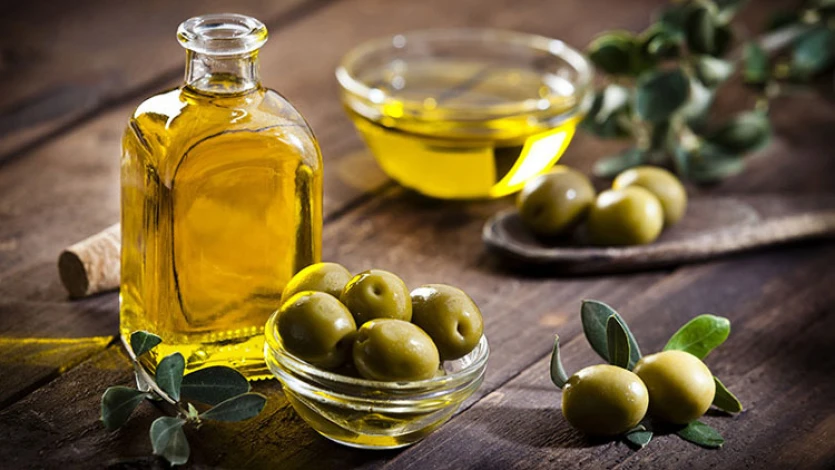
Green leafy vegetables
Green leafy vegetables, like kale and spinach, are rich sources of iron, calcium, folic acid, vitamin A, and manganese and can increase the number of healthy eggs.
Garlic
Garlic is a healing substance and cures many diseases. Garlic consumption has significant effects on producing and strengthening sperm and improving eggs.
Green tea
By stimulating binding globulin, green tea can improve reproductive function in women with polycystic ovary syndrome.
Mint
Mint has long been known for its medicinal properties. Drinking mint herbal tea twice daily for several weeks can significantly affect a PCOS treatment diet.
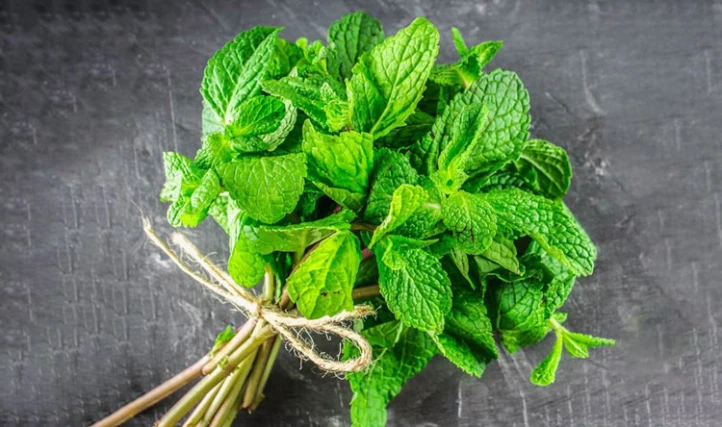
Fish
Fish omega-3 also plays an important role in treating polycystic ovary syndrome by reducing male hormone levels in women and boosting insulin sensitivity.
Ginger
Ginger has been known as one of the most effective herbs for increasing libido in many traditional medicines, especially in Chinese medicine.
What Fruits to Eat with PCOS?
Fruits are rich in fiber and vitamins. Therefore, they can provide the essential nutrients to combat the symptoms of polycystic ovary syndrome. Some people remove fruits from their diet because of their sugar content and insulin levels. However, many dark red fruits, such as cherries, plums, apricots, grapes, etc., have a low GI, so consuming them does not increase blood sugar levels.
Including two to three servings of fruits daily (not dried fruit and fruit juice) in the PCOS diet and increasing eating vegetables to get more fiber, antioxidants, and minerals.
It should be noted that eating nuts as snack can adjust the glucose level. Chromium is also an important mineral that can control blood sugar and insulin levels. Consuming whole grains, broccoli, and nuts can increase complex carbohydrates in the body.
What Foods to Avoid with PCOS?
Caffeine
Caffeine causes hormonal imbalance, increases the possibility of miscarriage, and disrupts ovulation;

Sugary, carbonated, and pasteurized juices
These drinks contain concentrated sugar that leads to hormonal irregularities.
Soy
Soy’s components are very similar to estrogen, so its excessive consumption may cause hormonal issues.
Genetically modified (GM) foods
These foods reduce the number of sperm and may cause infertility. Therefore, it is recommended to pay attention to the non-GMO labels on foods and preferably eat organic and natural foods;
Foods that cause inflammation
These foods include red or processed meat, butter, and fried potatoes;
Sugar and sugar cubes
Sugary foods and drinks should be removed from the PCOS treatment diet.as they can worsen insulin resistance.
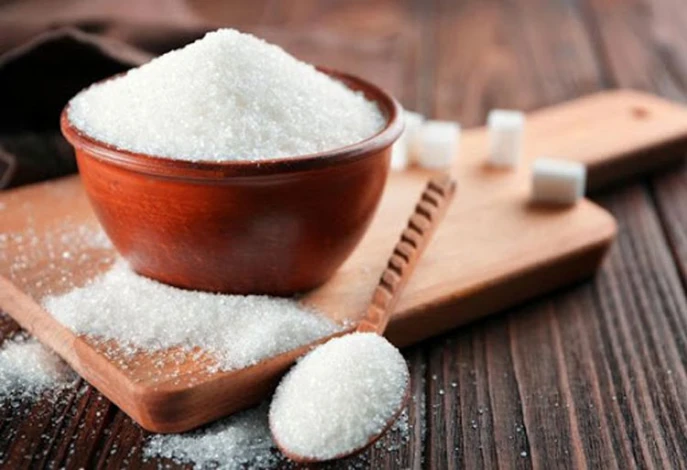
Refined carbohydrates
Carbohydrates can be found in cakes, pastries, potatoes, sweet desserts, foods made from white flour, and bran-free bread;
Noodles and pasta
These types of food are low in fiber but high in carbohydrates. They are also often prepared from white flour and semolina. Therefore, they should be omitted from the PCOS treatment diet.
What Are the Supplements and Vitamins for PCOS?
Here are the best supplements that can help women with PCOS.
- Pregnancy multivitamins reduce the effect of PCOS symptoms and improve ovulation;
- Chromium, which is found in foods such as tomatoes, onions, bran, whole grains, and oysters, boosts insulin sensitivity and can help control blood sugar;
- Vitamin D can improve glucose metabolism and make menstruation regular. This vitamin is found in eggs, dairy products, high-fat yogurt, tuna, and salmon. Sun exposure is also a natural source of vitamin D.
- Calcium, found in cabbage, kale, mustard, and turnips, plays an important role in body health and helps increase fertility;
- Vitamin E is an antioxidant that scavenges free radicals that can damage cells. It can be found in hazelnuts, almonds, peanuts, olive oil, sunflower seeds, sweet potatoes, wheat germ, and avocados;
- B Vitamins, including vitamin B1 (thiamine), vitamin B2 (riboflavin), and vitamin B3 (niacin), can strengthen male and female sexual power. Vitamin B3 helps increase sex drive during intercourse. Vitamin B12 aids in producing sex hormones. Vitamin B6 also increases female fertility by preventing high prolactin levels (a factor that reduces sexual desire). Vitamin B sources include legumes, salmon, bread, whole grains, eggs, low-fat meat, nuts, bananas, and broccoli.
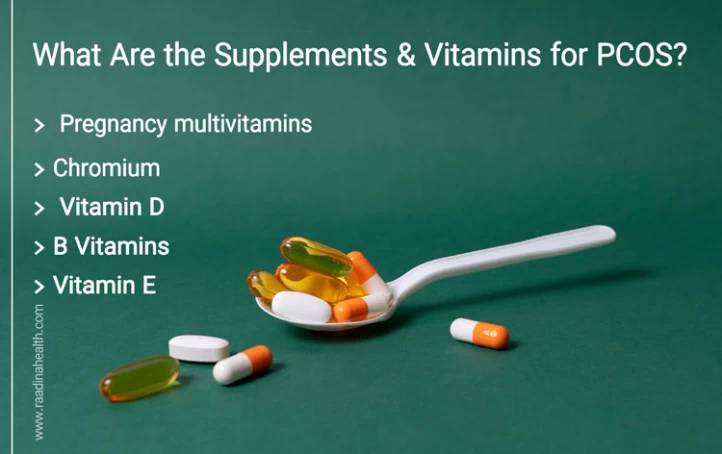
The Best Diet for Managing PCOS Symptoms
Good nutrition can strengthen the ovaries and the uterus, improve ovulation, and increase fertility. A healthy diet can regulate female hormones. Certain vitamins, such as vitamin C, antioxidants, and minerals, are essential for female fertility.
The three best diets for improving polycystic ovary syndrome (PCOS) are as follows:
The DASH Diet
The DASH (Dietary Approaches to Stopping Hypertension) diet includes large amounts of fruits, vegetables, poultry, fish, low-fat dairy products, and whole grains. In addition to lowering the risk of heart disease, the DASH diet prevents high blood pressure. This diet effectively improves PCOS by preventing consuming foods containing high-saturated fat and sugar.
PCOS Anti-inflammatory Diet
Eating anti-inflammatory foods such as olive oil, fatty fish, leafy greens, and berries can reduce many PCOS inflammation-related symptoms, such as fatigue.
Low-Glycemic Index (Low-GI) Diet
Foods with a low glycemic index are digested slowly. Therefore, they do not raise insulin levels and can manage PCOS effectively. These foods include nuts, legumes, seeds, whole grains, starchy vegetables, fruits, and other low-carb processed foods.
Outlook
There is no treatment for polycystic ovary syndrome (PCOS). However, women with PCOS can reduce their symptoms by following PCOS symptoms and treatment diet since it plays an important part in treating the symptoms of Polycystic Ovary Syndrome.
Being at a healthy weight, eating healthy fats, and animal-based proteins, and consuming low-GI carbohydrates can help women manage PCOS.
Frequently Asked Questions About PCOS Treatment Diet
1) How often should women with PCOS eat?
The truth is that the number and timing of meals are not very important with PCOS. If the patients do not eat more calories than they need, it will make a huge difference whether they divide the total caloric intake over three or four meals.
2) Can women with PCOS drink milk?
It is recommended that women suffering from PCOS avoid milk and dairy products. The reason is that women with PCOS naturally tend to increase insulin resistance, and consuming milk or dairy products can cause higher levels of insulin.
3) Should I drink energy drinks with PCOS?
Energy drinks are forbidden in PCOS. Not only do they contain a large amount of caffeine, but they also are high in sugars or artificial junk the body does not need.
4) Should women with PCOS cut out all sugar?
No, they need not cut out all sugar for their PCOS diet. Women with PCOS are recommended to limit themselves to 100 calories of sugar per day (about 25 grams or 6 teaspoons).
5) Should I add eggs to my PCOS treatment diet?
Eggs have high nutritive value. The egg white is high in protein, and the yolk has omega-3 fatty acids, iron, folate, thiamine, and other essential vitamins. Therefore, eggs help improve PCOS symptoms.
6) Can PCOS be treated by weight loss?
PCOS can be managed with medication, diet, and exercise. Losing weight does not treat PCOS but is crucial for achieving a normal life. It can improve PCOS symptoms such as excessive hair growth on the face and body, acne, or hair loss.


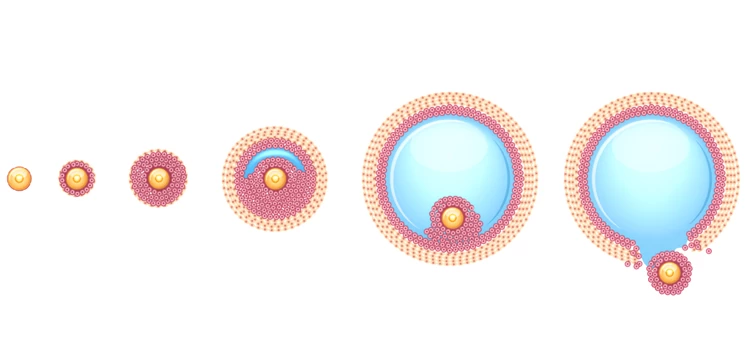
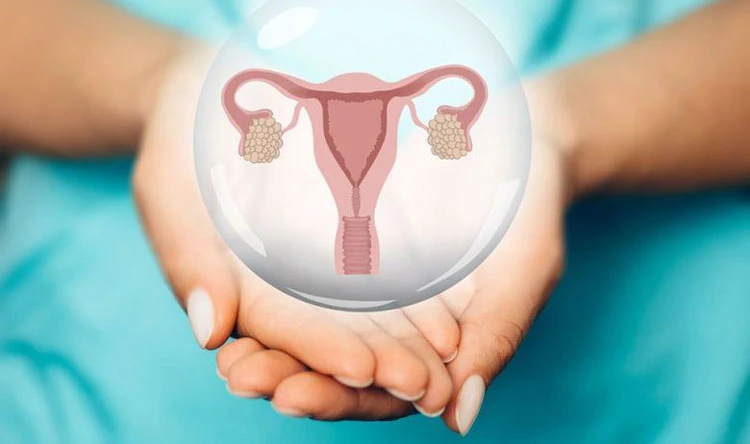
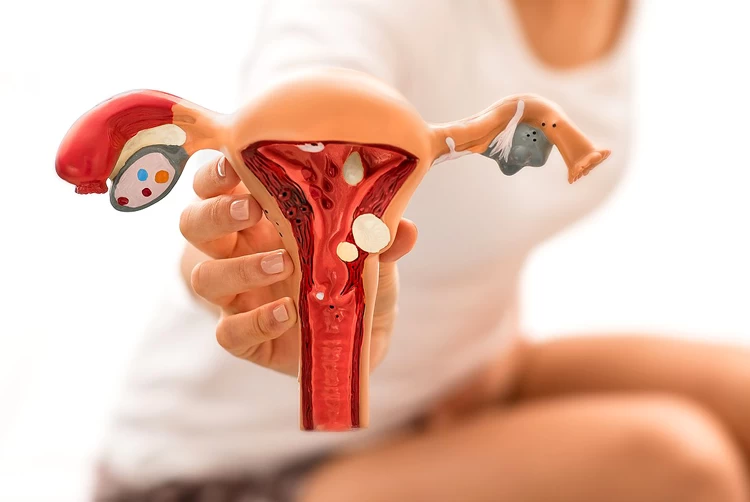



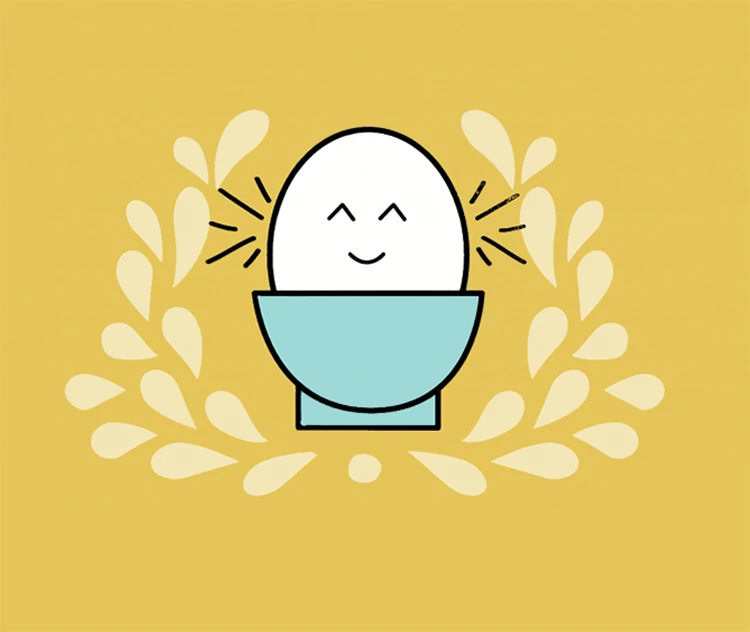


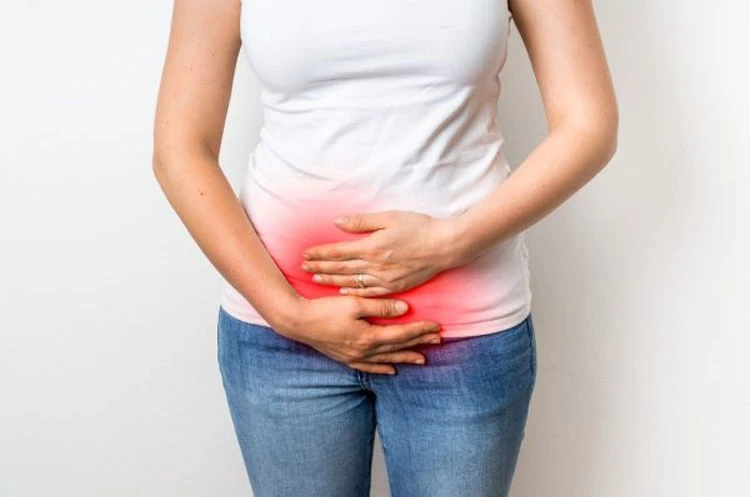

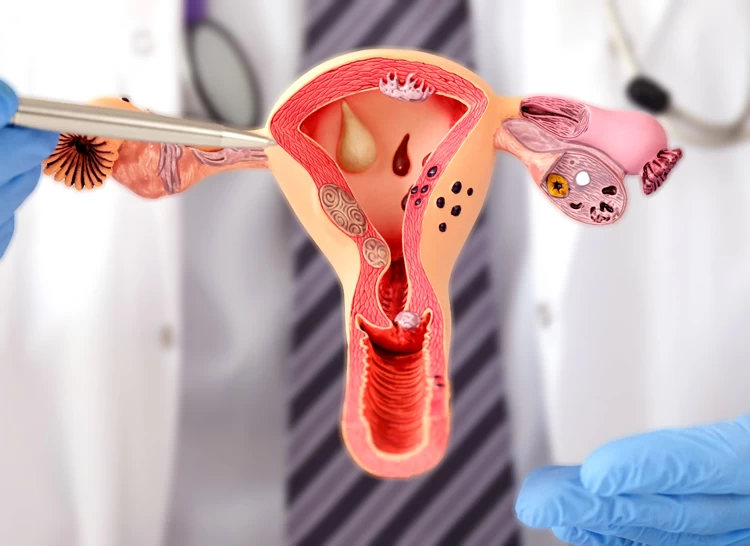

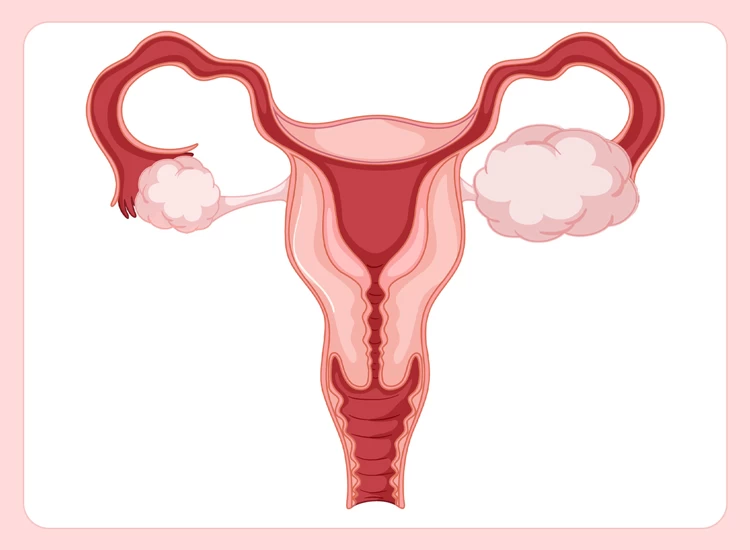
No reviews
Your comment